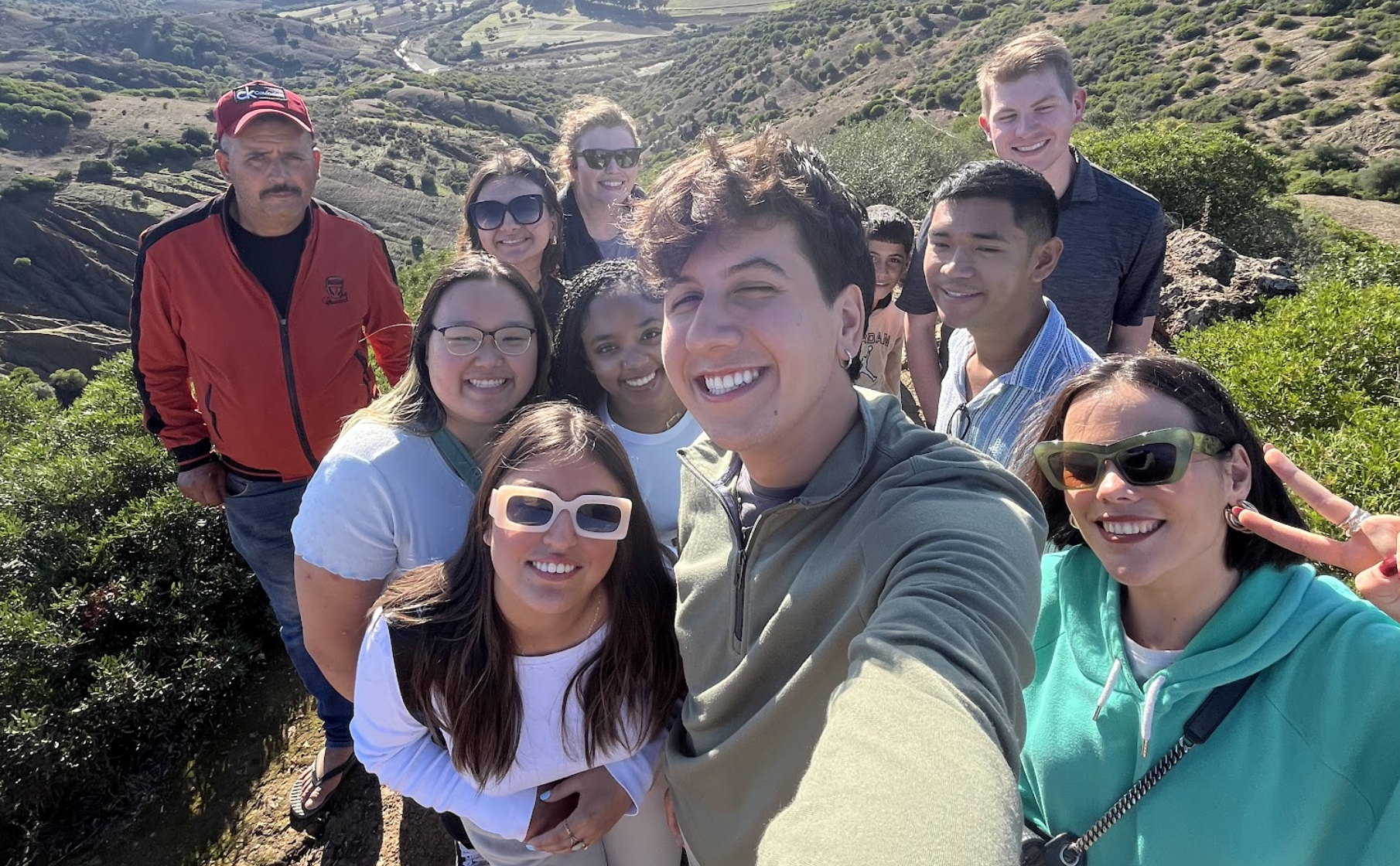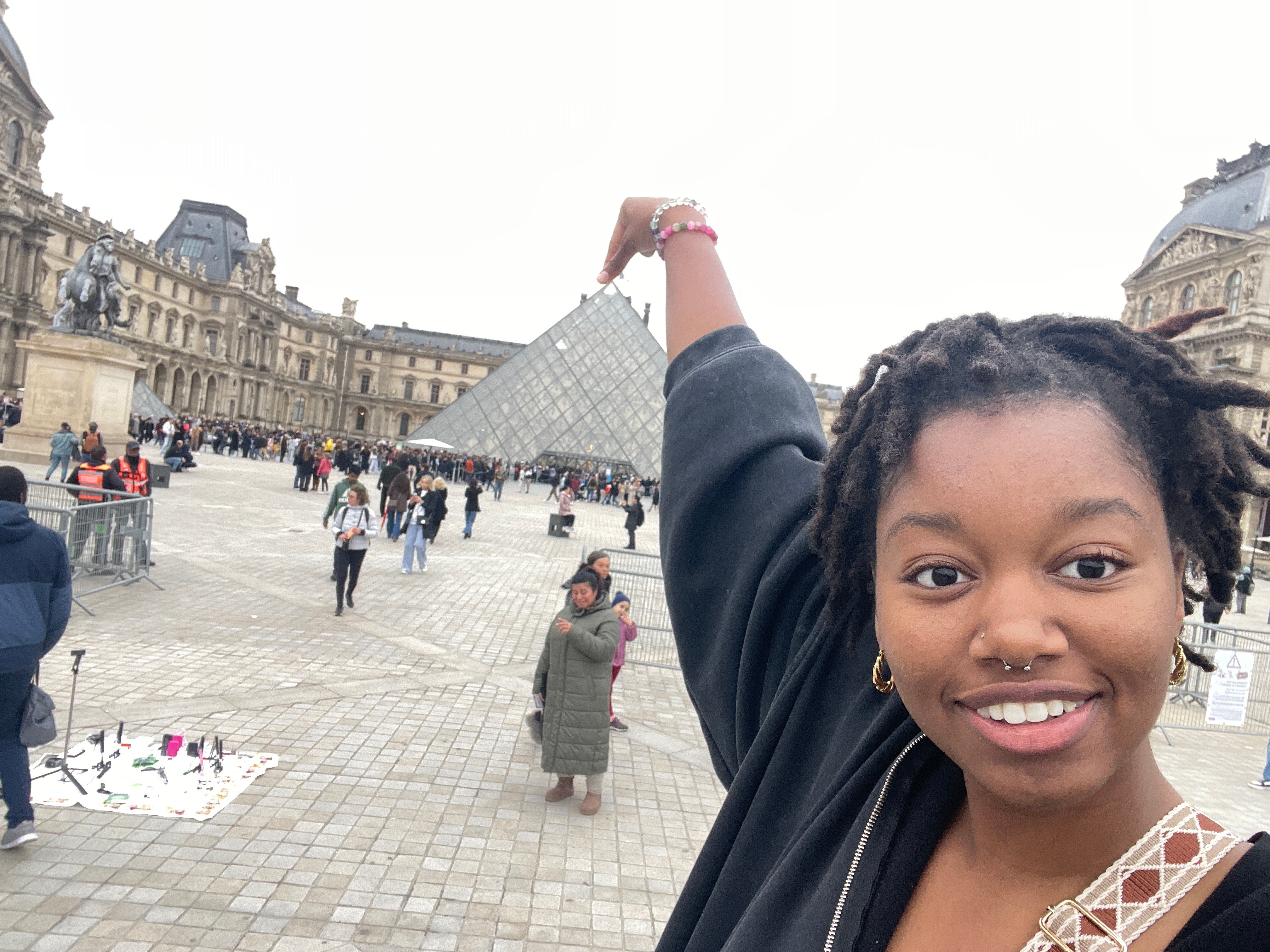By Kenlee Morris, University of Michigan
Unfortunately, my time in Barcelona is coming to an end. I’ve grown accustomed to living and taking classes in the city, and while I find myself missing my friends and family back home, I’m not dying to go back to Michigan. I can’t say that my journey was easy, however, and I’m not ashamed to admit that I made plenty of mistakes along the way. I hope that you can benefit from a reflection on my experience, as well as what I’ve learned from fellow travelers.
One of the most important pillars of your trip will probably be sufficient transportation. If you get a metro/bus card for an extended period of time, rather than a one-off ticket, I recommend treating it delicately. The metro cards in Barcelona are not waterproof, and if a card gets bent, there’s a good chance it will stop working. In my first week, I thought I could get away with storing my card in my jeans pocket for a transfer and the ride home. I could not. Don’t be like me. The good news is that if you go to a big station like the one at Plaça de Catalunya, you can call a member of the staff using a green kiosk labeled “Ajuda,” or “Help” in Catalan. In my case, they replaced the bent card (gratis). I also mention this because, while I should’ve been careful with my card in the first place, having to deal with the consequences made me confront personal hang-ups on asking for help and using my limited Spanish skills. Know that it’s okay to make mistakes, and that you can turn them into opportunities for personal growth.
Due to crowded residential areas, you get to know your neighbors. You might not ever speak to them or even know what they look like, but intimate apartment structures let you and your neighbors in on each other’s habits, and the noise that you make and when you make it may shape how they think of you. For example, I’ve grown fond of fellow Rosalía fans I live near, and I hope that everyone’s apartment renovations are going well. In my case, and in many of my peers’, this has led to more considerate rules regarding making a lot of noise at certain times. Out of respect for others’ sleep schedules, this can even affect when you can take showers. Those rules aren’t just for student visitors, but for locals, as well. Noise pollution is regulated for everyone, especially in the close quarters of Barcelona. Although laws restricting noise pollution aren’t always strictly enforced, it’s important to be mindful of how it affects other people, especially as visitors representing another country.
Finally, one of the things I learned on this trip is that there is SO much more to Barcelona than what’s on the average “Top # Things To Do In Barcelona” list. These recommendations are amazingly helpful in planning activities for your trip; however, I recommend being wary of having too much structure. While I haven’t had any bad experiences with activities that get a lot of hype, not all of them lived up to my expectations because of how I enjoy spending my time, as well as environmental factors that I find stressful. Some of most fulfilling hours I’ve had in Barcelona had nothing to do with institutions or buying tickets, but they’ve been filled with glimpses of Barcelona that I’ve come across while wandering. Overscheduling for your trip can hinder opportunities to take these detours. For me, this meant stopping to experience Catalonia’s Bangladeshi festival on the way to Correfoc (both activities were amazing) or taking a night off to walk the streets of Vallcarca, admire its murals, and listen to an alternative band play live. These were a welcome change of pace from having to dodge other tourists’ family photos and stressing about buying a museum’s last few tickets for the month. If you take anything away from this lesson, I hope it’s that you shouldn’t be too trusting when someone says, “You can’t miss it.” There’s more than one way to have an incredible Barcelona experience.



